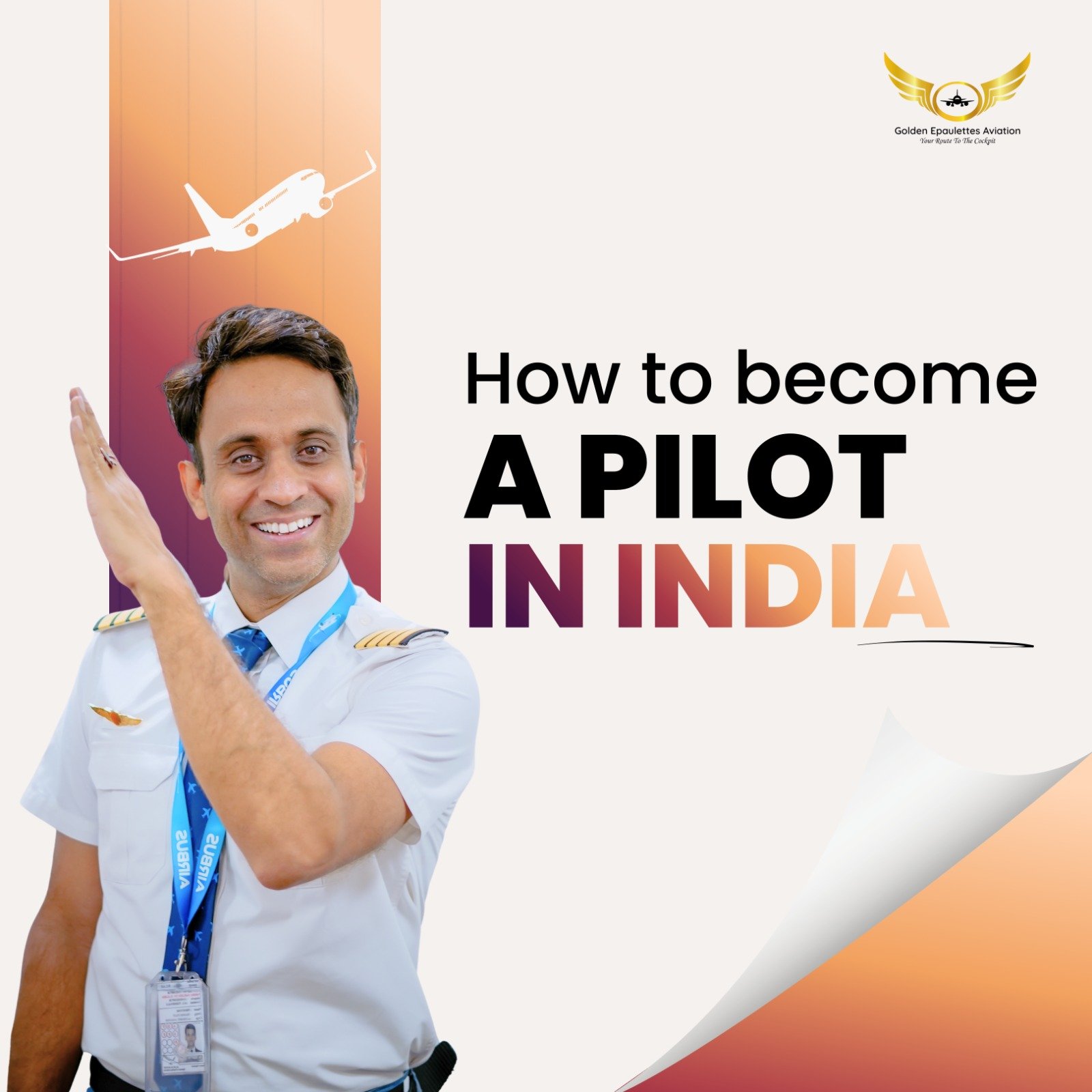Indigo Cadet Pilot Program Cost: Financial Planning
Content will be added soon
 Menu
Menu
Pilot Programs
Indigo JFO Preparatory Classes
Capt. Tomar Awdhesh
Author

Thank you! Our team will contact you shortly on WhatsApp.